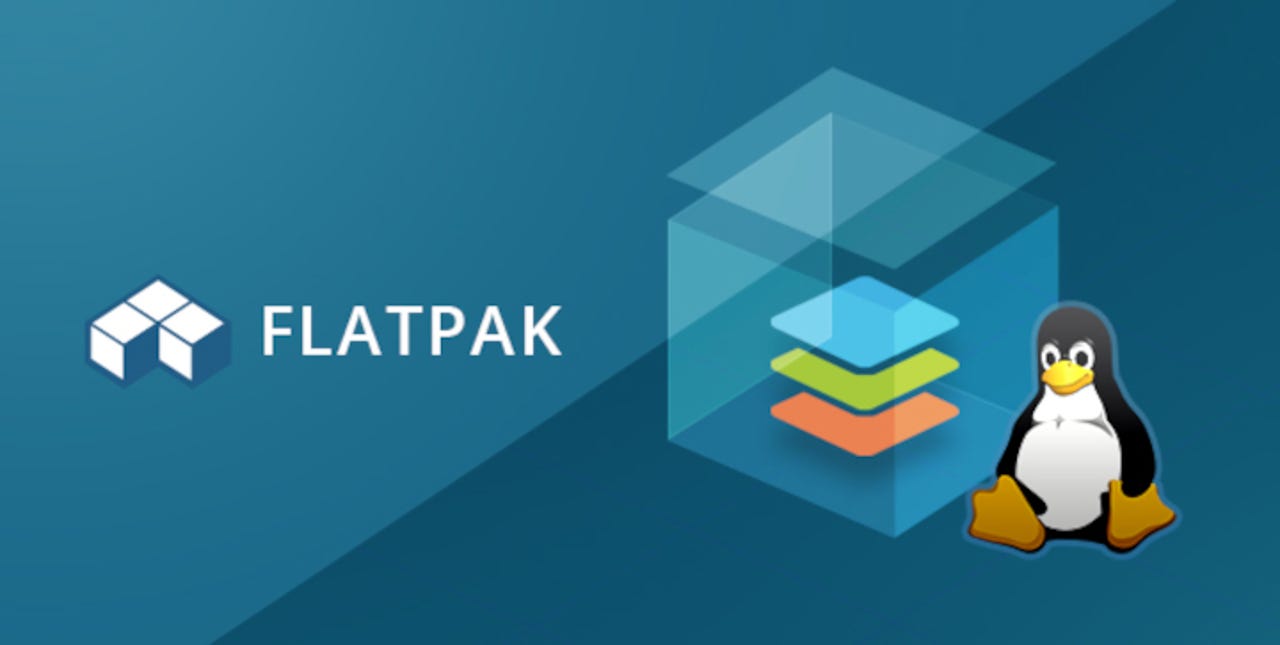BOOK THIS SPACE FOR AD
ARTICLE AD
I've used one Linux desktop or the other for decades now. But, I'm a Unix and Linux expert. For most people who just want a desktop and its applications to just work -- thank you very much -- the hundreds of different Linux desktops and dozens of ways to accomplish similar goals are more annoying than enticing.
One such problem is how you can find, install, and be certain any given program will work on your desktop. Now, leaders from the GNOME Foundation and KDE Foundation, along with Debian Linux, are considering solving that by building an app store on top of Flatpak, a universal Linux software deployment and package management program.
Also: 8 things you can do with Linux that you can't do with MacOS or Windows
This idea of replacing traditional but not very friendly ways of delivering Linux desktop apps, such as DEB and RPM package management systems, has been around for a while. Besides being easier to use, Flatpak and its rivals, such as Appimage and Snaps, can also run on any Linux distribution. All the programs do this by containerizing applications with all their necessary libraries and associated files.
This isn't the first time such an idea has been tried. For example, Linspire (Lindows) pioneered the "Click'n'Run" app store in the mid-2000s.
More recently, Elementary OS has been experimenting with a "pay what you can" app store. But because it is specific to a handful or a single Linux distro, it was never that attractive to users or developers.
Now, as laid out in former Google chairman Eric Schmidt's Plaintext Group, the proposal is to "Promote diversity and sustainability in the Linux desktop community by adding payments, donations, and subscriptions to the Flathub app store."
Behind this idea are several Linux desktop leaders, such as GNOME president Robert McQueen; former GNOME executive director and Debian project leader Neil McGovern; and KDE president Aleix Pol.
Flatpak, unlike the earlier store attempts, works on essentially all Linux distros. This makes it much more interesting.
Also: The best Linux distros for beginners
Why Flakpak, instead of its chief rival, Snaps? They explained, "Flathub is a vendor-neutral service for Linux application developers to build and publish their applications directly to their end users. A healthy application ecosystem is essential for the success of the open-source software desktop, so end-users can trust and control their data and development platforms on the device in front of them."
Canonical, Ubuntu and Snaps' parent company, isn't in the least bit fond of Flatpak, which originally sprang from Canonical rival Red Hat. Indeed, Canonical recently decided that neither Ubuntu, nor its variants, such as Kubuntu, Lubuntu, and Ubuntu Studio, will support Flatpak. You'll still be able to add Flatpak to any of these distributions. You just won't have Flatpak built-in to the Ubuntu family.
On the other hand, the Flatpak store supporters state, "Our largest 'competitor' in the Linux app store space is Canonical's Snap Store, which (aside from any debates as to the relative technical merits of Flatpaks versus Snaps) sits under the control of one corporate entity rather than a community-controlled nonprofit, requiring copyright assignments for contributions to both Snap and the Store, and effectively making it very hard or unappealing to run your own stores."
Alas, where would desktop Linux be without fusses over what software is the one true and right software? Probably a lot more successful than it is now.
Also: The best Linux distros for programming
Either approach makes it much easier for a software distributor to not only bundle their programs for any customer but to be able to sell them to people or businesses.
Be that as it may, while the proposal for a paid Flathub app store remains just an idea, it's still one that may garner support. If this plan can generate enough support, and then the revenue, to cover its costs, it may create the first popular universal Linux app store. Then, who knows, maybe the Linux desktop will finally become broadly popular. Stranger things have happened.
.png)
 1 year ago
87
1 year ago
87 














 Bengali (Bangladesh) ·
Bengali (Bangladesh) ·  English (United States) ·
English (United States) ·